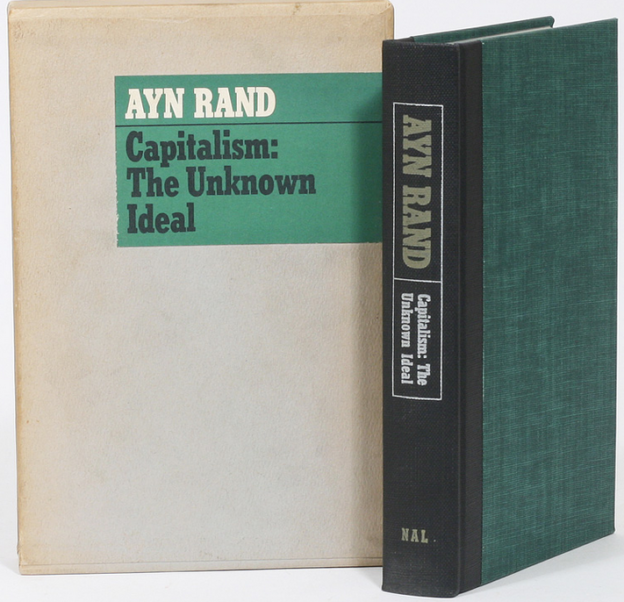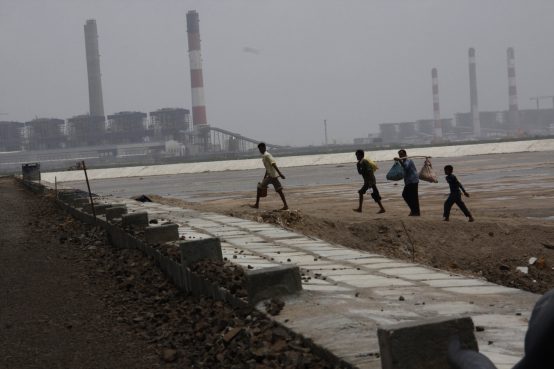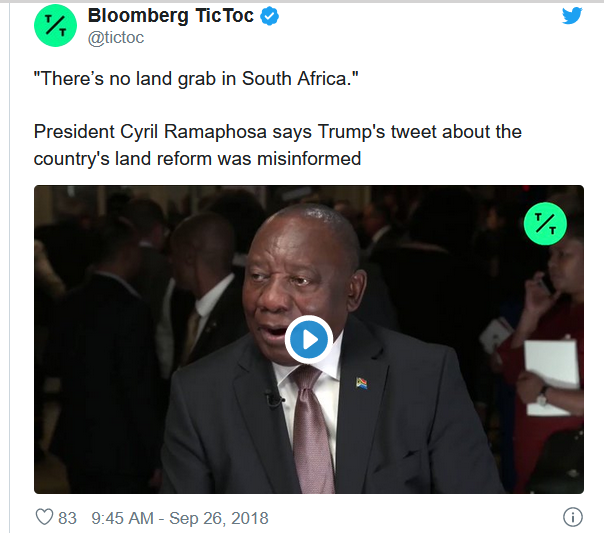In “Why Tax Breaks Won’t Stop High-Tech, H-1B Human Trafficking,” I explained how, “The H-1B visa racket,” like so much of the rent-seeking global, corporate America does, “is … a taxpayer-subsidized, grant of government privilege. Duly, profits remain private property. The costs of accommodating an annual human influx are socialized, borne by the bewildered [American] community.”
the corporations that hog H-1Bs act like incorrigibly corrupt rent seekers. Not only do they get to replace the American worker, but they get to do so at his expense.
Here’s how:
Globally, a series of sordid liaisons ensures that American workers are left high and dry. Through the programs of the International Trade Administration, the Export-Import Bank, the Overseas Private Investment Corporation, the International Monetary Fund, and other oink-operations, the taxpaying American worker is forced to subsidize and underwrite the investment risks of the very corporations that have given him the boot.
Domestically, the fascistic partnership with the State amounts to a subsidy to business at the expense of the taxpayer. See, corporations in our democratic welfare state externalize their employment costs onto the taxpayers.
MORE in “Why Tax Breaks Won’t Stop High-Tech, H-1B Human Trafficking.
Now, via Washington Examiner’s “When foreign airlines go under, US taxpayers could be stuck with the bill” comes quite a positive description of the sordid liaisons and transactions on the backs of American taxpayers:
Subsidizing Boeing jets has generally been the Ex-Im Bank’s main activity. Typically, about 40% of all its financing supports Boeing exports. That’s why the agency has earned the nickname “Boeing’s Bank.”
As a result, airlines in China, Turkey, Bangladesh, Canada, Mexico, and all over the world have benefited from U.S. taxpayer-backed financing to buy Boeing jets in recent years. Many of them still owe their lenders, meaning the U.S. taxpayer is still exposed via the Ex-Im Bank. There’s a decent chance some of those foreign airlines will default on some debt payments. That could result in the Ex-Im Bank having to make the creditors whole.
There is more cronyism than Capitalism in the operation of the giants of corporate America.
UPDATE: Just desserts.
BREAKING: Bank of America and Wells Fargo facing severe worker productivity issue after India shuts down all offices there, forcing workers to telecommute from home. Problem: BoA and Wells Fargo employees & contractors in India do not own laptops or iPads & cannot work from home.
— Paul Sperry (@paulsperry_) March 22, 2020




